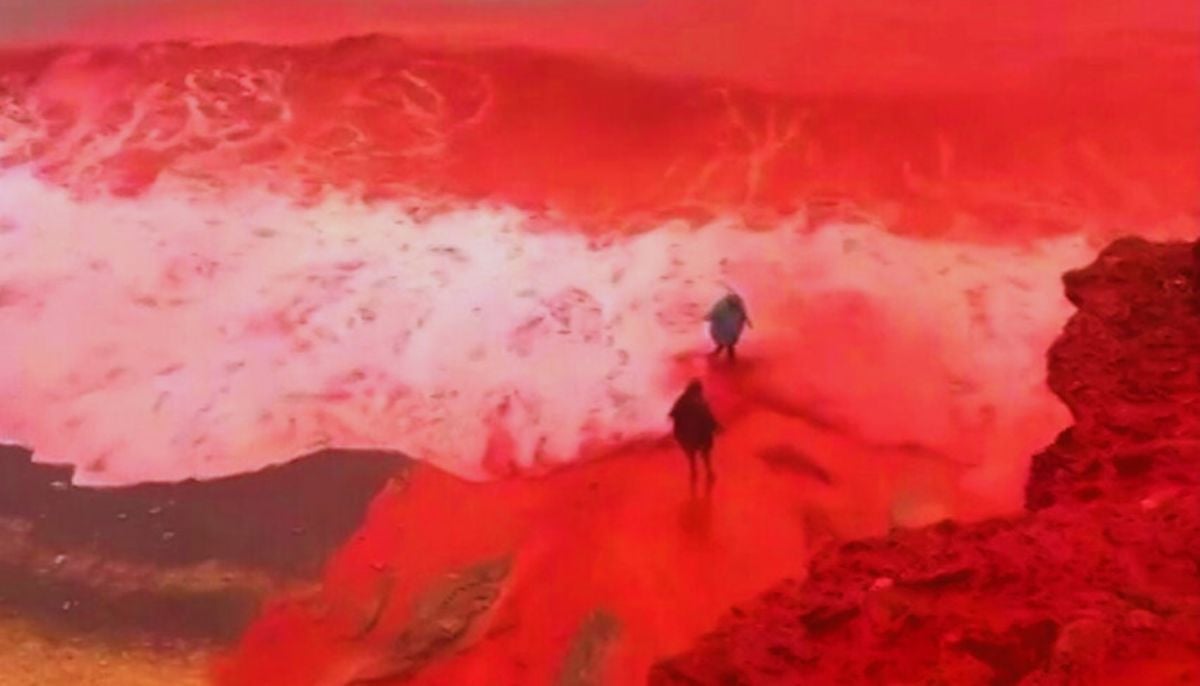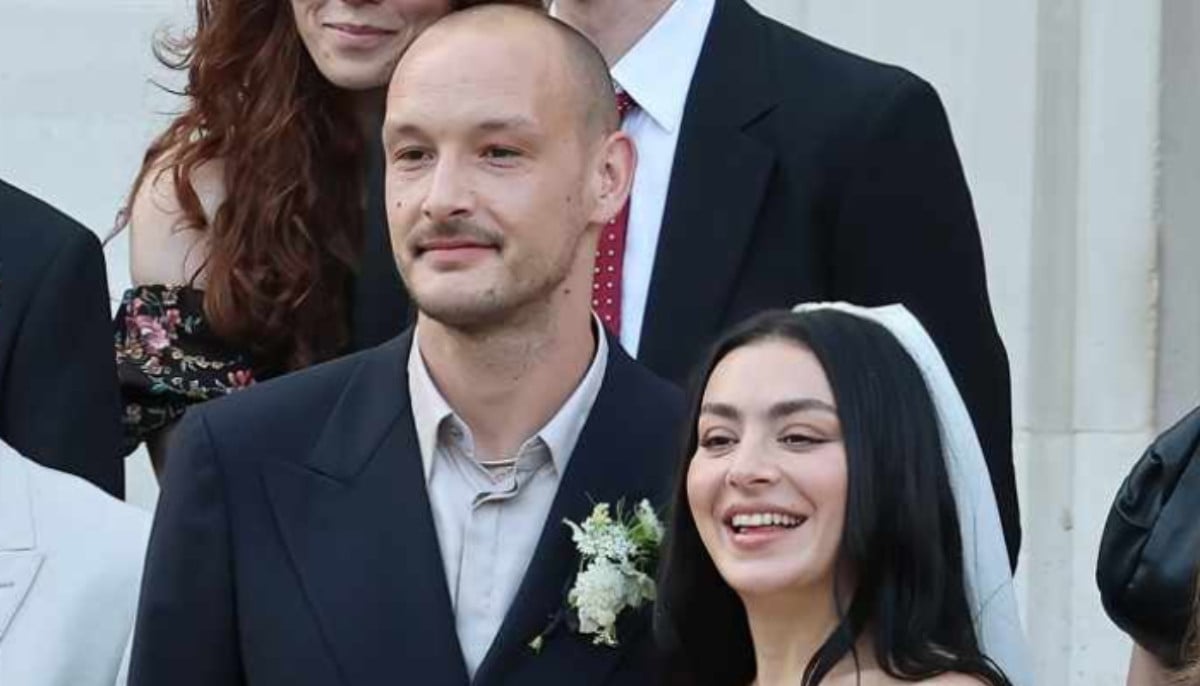Valentine's Day 2024: Not-so-romantic history of romantic celebration
Valentine's Day is associated with love, kissing, joy but does not have very romantic history
It doesn't matter if you love or despise Valentine's Day—the holiday has a long history, even while it is today associated with gifts, kissing, and securing a reservation for dinner, its beginnings are decidedly less romantic.
The 14th of February is always Valentine's Day. This year, the day is set to take place on Wednesday, February 14, 2024.
Pope Gelasius proclaimed February 14th to be St Valentine's Day at the end of the 5th century, and ever since, people have celebrated the day, however, it was typically more religious than romantic.
Valentine's Day is a set day on the calendar that was once confused with Lupercalia, an ancient Roman celebration observed in mid-February, according to Real Simple.
Some historians think this is how the event came to symbolise love. Lupercalia was a fertility celebration that might have involved pairing men and women by drawing names out of a jar. It is also associated with the marriage of the god Zeus and the goddess Hera and was celebrated in the middle of winter in ancient Greece.
Early Christians, for the most part, chose to celebrate holidays on days that were in line with already established festivals and celebrations (such as Christmas and the winter solstice). Accordingly, Valentine's Day was observed on February 14th, and Lupercalia on February 15th.
The patron saint of love is today recognised as Saint Valentine. In the Saint Valentine prayer, lovers ask the saint to unite them and help them remember their commitment to God.
Although the story of Saint Valentine laid the foundation for the celebration of romantic love on this day, historians believe that a poem written in 1375 by the medieval author Geoffrey Chaucer cemented the relationship between Saint Valentine and love.
This poem is credited with giving rise to the "modern" Valentine's Day celebration, which honours our romantic relationship with a significant other.
-
Benicio del Toro on losing mom in chldhood: 'I’m still dealing with it'
-
More than 500,000 without power as blizzard hits US Northeast
-
Charli xcx details boozy second wedding to The 1975's George Daniel: 'Everyone was hungover'
-
ICE agent misfired bullet into Minnesota hotel’s guest room
-
Piers Morgan reacts to photo with Ghislaine Maxwell
-
UK data privacy regulators raises safety concerns, warn against AI-generated images
-
Rape suspect flees aboard after mistaken prison release
-
Jack Hughes' patriotic words spark calls for Tate McRae to dump her boyfriend












